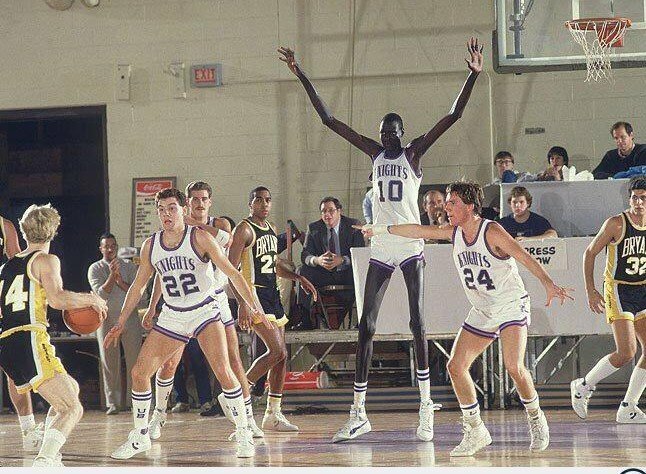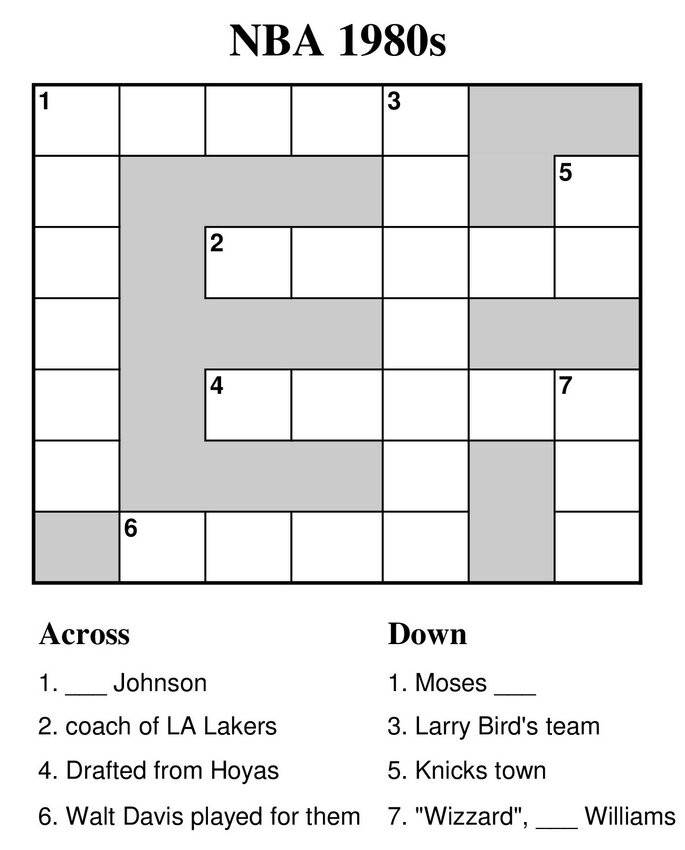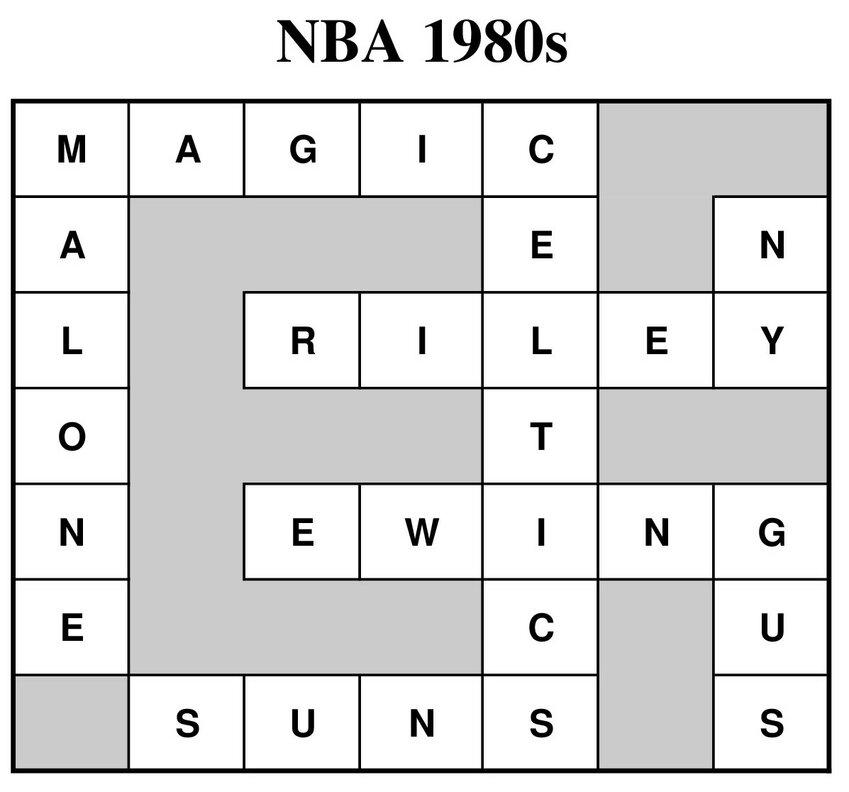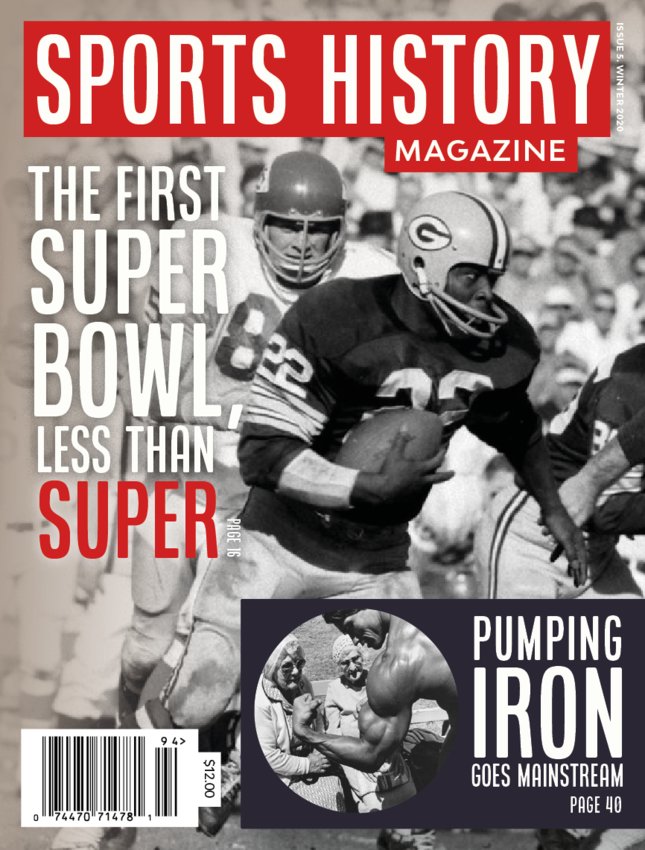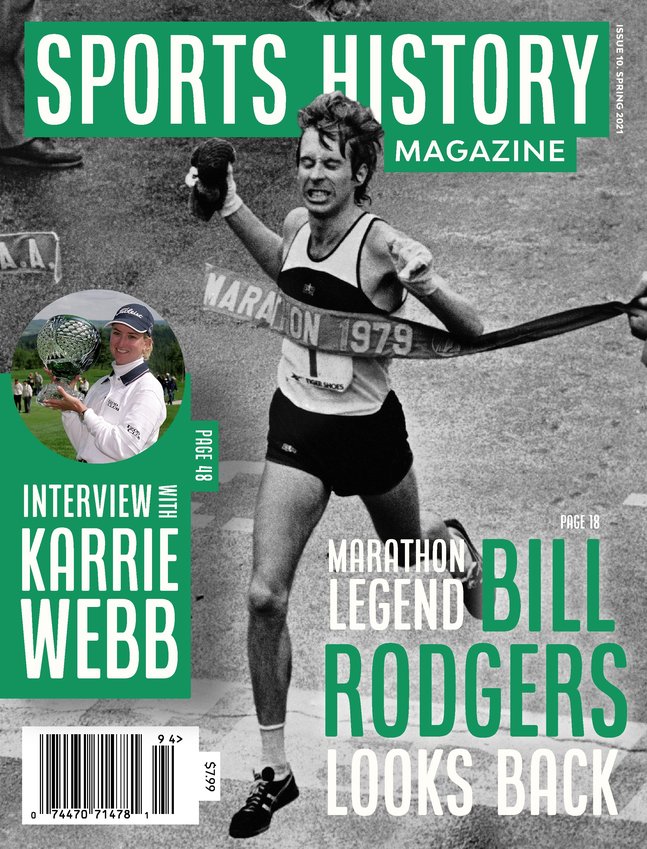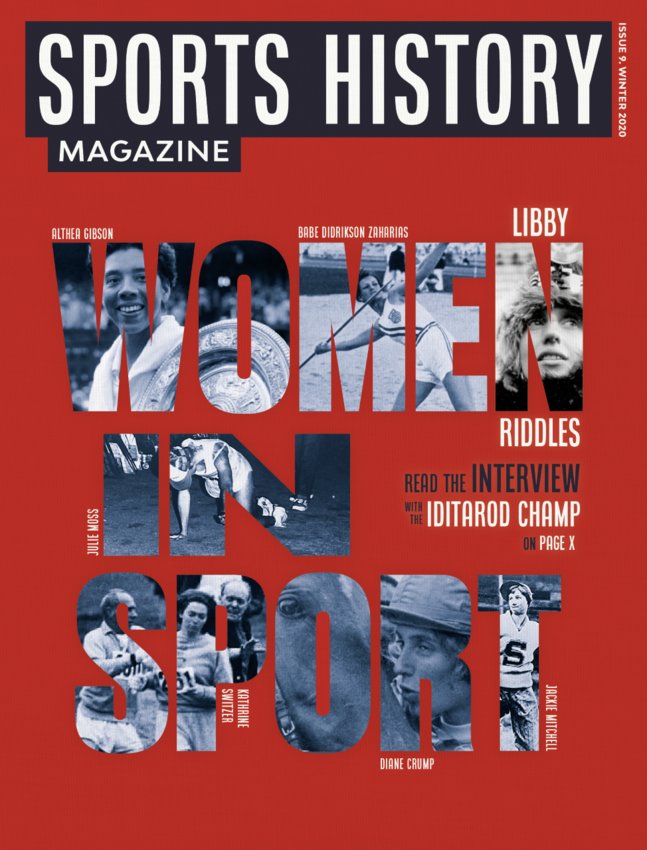From War-Torn Sudan To The NBA
Blocking shots and standing tall for human rights
The New York Times wrote in his obituary (6/19/2010): “…he wore size 16½ sneakers and had the spindliest legs ever to protrude from a pair of nylon shorts…”
Looking like a gangly mythical creature, Manute Bol was the first African and at the time, the tallest player to join the NBA.
The 7-foot, 7-inch native of southern Sudan (now an independent country) is considered one of the best shot-blockers in the history of the game. But he was also a committed humanitarian who risked his life and depleted his personal fortune to help refugees in a war-torn nation.
BUY- 'Manute: The Center of Two Worlds'
Manute spent 10 years in the NBA (1985-’95) as a blocking specialist. With an 8’6” wingspan and a 10’5” vertical reach, the towering marvel swatted balls like flies and denied launches from stars such as Kareem Abdul-Jabbar, Julius Erving, and Larry Bird.
He retired with 2,086 blocks (3.3 pg) and 1,599 points (2.6 pg), and remains the only NBA veteran with more shots dispatched than baskets scored.
In his first year with the Washington Bullets (former Wizards), Manute averaged 6 rebounds per game and set a rookie record of 397 blocks. He snuffed an astounding 15 attempts in a single match against the Atlanta Hawks in January, 1986.
Born into the Dinka people of the Turalei region, Manute’s genes carried the blueprints of some of the tallest people in the world. His father was 6’10”, his mother 6’8”, and his sister 6’8”. His given name, ‘Manute’, translated to “special blessing”.Though he belonged to a prominent family, he grew up illiterate and the family relied on herding cows for their livelihood. His father was the elder of a tribe that practiced traditional coming-of-age rituals such as dental mutilation, head shaving, and skin incisions.
Manute ran away from home twice, at 8 and at 12, both times trying to avoid the ceremonial manhood rites. Though, fearing he would be mocked for cowardice, he eventually relented.
He told The Washington Post (3/22/87): “Every time my dad talked to me about, I just walked away…I don’t want to listen to it. Because I love my teeth. They look very nice, when I had them.”
Even by Dinka standards, Manute’s height was a sight to behold. Through a connection of his uncle, he joined the basketball team of the police force in Wau, a town of 80,000 inhabitants located 50 miles from his home.
On his first try dunking a ball, he broke a tooth coming down on the basketball rim. Against his father’s wishes who wanted him to manage cattle, Manute spent more and more time dribbling, shooting, and improving his game.
At the suggestion of a cousin, he moved to Khartoum, Sudan’s capital, and started playing for the military where luck and circumstance eventually led him to America.
Don Freeley, an American coach from Fairleigh Dickinson University, was running basketball clinics in Sudan during the summer of 1982. He saw unique potential in Manute and helped arrange for his travels to the U.S.
Stateside, Manute was first drafted by the San Diego Clippers (LA now), though at only 180 lbs. he lacked the power needed to battle opponents under the basket. He needed college training, but language and literacy posed a problem.
Meanwhile, civil war broke out in Sudan. He didn’t miss Khartoum, a sun-baked dusty city whose Muslim Arab government had historically persecuted southern black tribes.
BUY- 'Michael Jordan: The Life' (Editors' pick for Biographies & Memoirs)
Manute studied English for a year and in 1984 landed at the University of Bridgeport (UB), a Division II basketball program that was run by Bruce Webster, a friend of Freeley.
Manute put on 20 lbs and became a sensation on and off the court. The rail-thin exotic import turned heads everywhere he went and even drew fans from UB’s rivals.
Game attendance tripled and the previously unheralded Purple Knights made the NCAA Northeast Finals.
Manute averaged 22.5 points, 13.5 rebounds, and in the first half of the season blocked a staggering 15 shots per game.
When the African hoopster announced his departure for the pros, Webster was overcome by emotion and shed tears for the player who lit up campus for a single unforgettable season.
At the 1985 NBA draft, Manute was the 31st overall pick in the second round. He spent his first 3 years playing for the Washington Bullets and then put in stints with the Golden State Warriors, Philadelphia 76ers, and Miami Heat.
At one point, the Bullets paired him with 5’3” Muggsy Bogues, the shortest player in the NBA. The two ball handlers with a height differential greater than 2 feet made for a colorful show, but failed to win games.
A poor shooter and mediocre rebounder, Manute spent more time on the bench than hustling balls on the court. Still, his defensive skills shined during those few moments and he twice led the NBA in blocks (1986, 1989).
Making money and enjoying the trappings of American culture, the ‘Dinka Dunker’ seemed to have it made. His NBA salary peaked at $1.5 million a year, he did fried-chicken commercials, and was showered with media attention.
A favorite story among the press that he was often asked to repeat was when he used a spear to kill a lion that was threatening his family’s cows.
But Manute’s heart longed for his family and the welfare of his country. Reports began to surface of atrocities committed by the central government against his tribe and the people of southern Sudan.
On a visit back home in 1991, he took video footages of refugee camps and presented his findings to the State Department. He pleaded for intervention but the U.S. was too preoccupied with the aftermath of the first Gulf War.
He also warned officials of Osama bin-Laden and the rise of Islamic extremism. It was in Sudan in the early 1990s that bin-Laden and Al-Qaeda found sanctuary for their radical activities. But that chapter in America’s war on terror was still years away.
Sudan’s government later invited him to take part in peace negotiations and offered him a ministerial post. The offer was reneged after Manute, a devoted Christian, refused to convert to Islam.
He was kept under house arrest for 3 years until 2002 and nearly died as his health deteriorated.
The long-limbed NBA veteran was left penniless after exhausting his personal resources to help his country’s war victims.
Back in the U.S., he turned to kitschy antics for fundraising and even did a celebrity boxing match with William Perry (‘The Fridge’), a former 350 lb. fullback with the Chicago Bears.
Life turned for the worst in 2004 after a taxi he was riding in got into an accident, sending him to the hospital for 3 months. His former teammates raised $80,000 to cover his medical expenses
The NBA’s first African player and a tireless advocate for human rights died at the age of 47 on June 19, 2010 from kidney failure.
BUY- 'Coach Wooden and Me' by Kareem Abdul-Jabbar (NY Times Bestseller)
Prominent sports figures and politicians attended his funeral at the Washington National Cathedral where his body lay in a customized 8-foot coffin.
At the service, Rory Sparrow, the NBA’s Vice-President of Player Development, recounted an anecdote of how Manute before one of the games laughed off suggestions that Michael Jordan would intimidate him.
“What Michael Jordan? Why should I be afraid of Michael Jordan? I kill lion. He come in, I block his shot!” Sure enough, he blocked his shot.
Manute Bol is buried in South Sudan, an independent country since 2011.
ENJOY OUR CONTENT? SIGN UP FOR OUR FREE WEEKLY NEWSLETTER AND SHARE ON YOUR SOCIAL MEDIA

